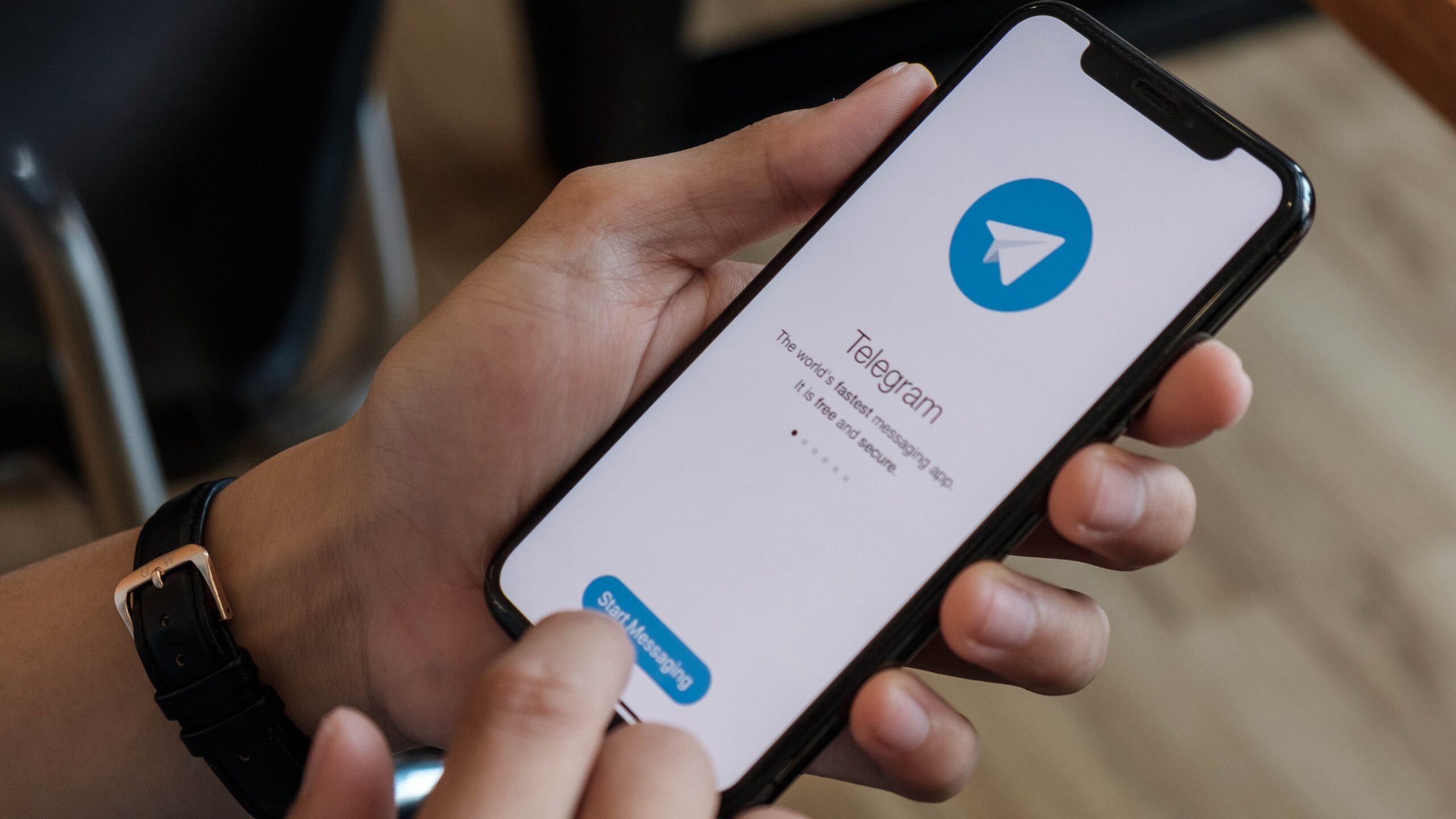When you step into the glitzy world of online casinos in India, you’re not just looking for entertainment—you want fairness, clarity, and trust. But what happens when things go wrong? What if a game crashes during a win? Or your withdrawal never arrives? That’s where dispute resolution steps in—and Indian online casinos have their own way of handling the chaos. Let’s break it all down.
Understanding the Need for Dispute Resolution in Online Casinos
Playing for real money at online casinos is thrilling, offering the excitement of big wins and the potential for life-changing payouts. However, it also comes with the possibility of disputes. These conflicts can arise from a variety of issues, ranging from technical glitches to misunderstandings regarding bonus terms, or even delays in withdrawals. No one likes dealing with problems, especially when you’re expecting a smooth and enjoyable experience. Yet, disputes are an inevitable part of the gambling world, and knowing how they are handled is essential for anyone playing online casino games.
One of the most common reasons for disputes in online casinos is delayed withdrawals. Players often encounter frustrating delays when attempting to withdraw their winnings. Whether due to issues with the payment processor, verification procedures, or the casino’s internal processes, delays can lead to player dissatisfaction and anger. In some cases, players might even feel that the casino is purposely withholding funds, which only adds to the frustration. Understanding how casinos handle such disputes and the steps they take to resolve these issues can help manage player expectations and reduce anxiety.
Another frequent source of disputes revolves around bonus misunderstandings. Many online casinos offer attractive bonuses to lure in players, but these bonuses often come with complex terms and conditions. Misunderstandings about wagering requirements, bonus expiration dates, or the maximum win limits associated with a bonus are common. When players don’t fully understand these conditions, they may feel cheated if they’re unable to claim or use their bonuses as expected. Dispute resolution processes help clarify these terms, ensuring players have a clear understanding of their rights and obligations when it comes to bonuses and promotions.
The Indian Regulatory Landscape for Online Casinos
| License Authority | Jurisdiction | Regulations | Dispute Resolution Policies | Pros for Indian Players |
| Malta Gaming Authority (MGA) | Malta, EU | One of the most reputable and strict authorities in Europe | Mandatory, with a strong emphasis on player protection and fairness | Strong consumer protection, player-friendly dispute resolution, high standards of operational integrity |
| Curacao eGaming | Curacao, Caribbean | Flexible regulations for international operators | Dispute resolution is handled by the Curacao eGaming Authority or independent third parties | Accessible for Indian players, large number of licensed casinos |
| Isle of Man Gambling Supervision Commission (GSC) | Isle of Man, UK | Strict anti-money laundering laws, data protection regulations | Efficient dispute resolution process, appeals to an independent body | High reputation, strong consumer protection measures |
| Gibraltar Regulatory Authority | Gibraltar, UK | Robust regulations with a focus on fair gaming | Dispute resolution services are built into the licensing process, including a binding arbitration clause | Known for high-level compliance with international standards, strong oversight |
| UK Gambling Commission | United Kingdom | Ensures fair play, prevents underage gambling, and protects players | Independent dispute resolution services provided by ADR providers | Ensures transparent practices, highly respected globally |
Step-by-Step: How Disputes Are Usually Handled
If you encounter an issue with an online casino, it’s important to follow a structured approach to resolve the problem efficiently. Here’s a detailed, step-by-step guide on how disputes are typically handled in online casinos, ensuring that you know exactly what actions to take if something goes wrong:
- Contact Customer Support
This should be your first step when you run into any problem with an online casino. Most casinos offer multiple ways to reach their customer support team, including:- Live Chat: This is often the quickest way to get a response. Many casinos offer 24/7 live chat support, and it’s ideal for urgent queries.
- Email: For less immediate concerns or when you need to provide supporting documents, emailing the casino’s support team is a good option.
- Phone: Some casinos also provide phone support, though this might not always be available 24/7 or might be more suited to specific queries.
- In this first stage, be sure to clearly explain the issue you’re facing and provide all necessary details (account information, transaction history, etc.) so the support team can assist you better.
- Escalate to Casino’s Internal Dispute Team
If customer support is unable to resolve your issue, the next step is to escalate the dispute to the casino’s internal dispute resolution team. This team typically reviews the more complex cases that the regular support staff can’t address. Here’s what they usually review:- Account Activity Logs: The team will look at your account’s activity to determine if there were any anomalies or suspicious behavior related to your case.
- Game Provider Records: If the issue involves a game malfunction or fairness, they will check records from the game provider (i.e., if the game was functioning properly during the time of your dispute).
- Communication History: All communication between you and the casino (via email, chat logs, etc.) will be reviewed to ensure that no details were missed or overlooked in earlier discussions.
- Approach the Licensing Authority
If your dispute remains unresolved after escalating it to the internal dispute team, it might be time to bring in the licensing authority of the casino. This is the final step in the dispute resolution process and should only be considered if the previous steps fail. Licensing authorities are independent bodies that ensure online casinos operate fairly and follow the rules. Here’s how it typically works:- You can approach the licensing authority that oversees the casino. This may involve submitting a complaint or providing additional documentation for review.
- Time to Resolution: The time it takes for the licensing authority to resolve the issue varies depending on the jurisdiction. Below are the approximate timeframes for some well-known authorities:
- Malta Gaming Authority (MGA): Usually takes between 4 to 8 weeks to resolve disputes.
- Curacao eGaming: The resolution time is less predictable, but it can vary widely, often depending on the nature of the dispute and the operator involved.
- UK Gambling Commission: Although rare for Indian players, if the casino holds a UK license, you can expect a resolution time of around 3 to 6 weeks.
Case Studies: Real Disputes from Indian Players
Let’s take a look at a few real-life cases from Indian players that highlight some of the most common issues faced in online casinos, and how these disputes were handled (or not) through various processes.
In the first case, Ramesh, an Indian player, deposited ₹10,000 into his online casino account and won ₹55,000 from a slots game. However, when he tried to withdraw his winnings, the casino requested additional ID documents, which caused a significant delay. Frustrated by the lack of communication, Ramesh reached out to the Malta Gaming Authority (MGA) for assistance. The MGA intervened after two weeks of silence and forced the casino to release his funds. This case illustrates how important it is to stay calm, document your communication, and escalate the issue to the appropriate licensing authority when faced with withdrawal delays or verification problems.
In another case, Anjali, an Indian player, faced confusion over the terms of a bonus she received. She deposited ₹5,000 to claim a bonus but failed to fully understand the wagering requirements attached to the bonus. After playing through a portion of the bonus, she decided to withdraw, unaware that she hadn’t met the wagering requirements yet. As a result, the casino voided both her bonus and any winnings generated from it. Despite Anjali’s frustration, the licensing authorities sided with the casino because the terms and conditions (T&Cs) were clearly stated, and the rules were enforced according to those terms. Unfortunately, this case highlights how important it is for players to read and fully understand the terms attached to promotions and bonuses.
Another case involved an Indian player named Raj, who experienced a technical issue during a live casino session. While playing a high-stakes game of blackjack, Raj’s game crashed just as he was about to win a significant hand. Despite multiple attempts to reconnect, the casino did not address his complaint for several days, leaving him frustrated. Raj escalated the issue to the casino’s internal dispute team and, when that didn’t work, took the matter up with the licensing authority in Curacao. After an investigation, the authority ruled in favor of Raj, and the casino was required to compensate him for his lost game session. This case underscores how crucial it is for casinos to maintain reliable technology and how players can benefit from escalating issues to regulatory bodies when tech failures occur.
Role of Third-Party Mediation Services
| Third-Party Mediation Service | Primary Focus | Services Offered | Licensing Bodies Supported | Resolution Time |
| AskGamblers Casino Complaint Service | A community-driven platform offering mediation for casino disputes. | Free complaint service and dispute resolution, casino reviews, player feedback. | Casinos licensed by various bodies, including Curacao, MGA, and UKGC. | 2-4 weeks, depending on complexity. |
| eCOGRA (eCommerce and Online Gaming Regulation and Assurance) | An independent organization that ensures online gaming operators adhere to fair play standards. | Dispute resolution, certification of fair play, player protection services. | UK Gambling Commission (UKGC), Malta Gaming Authority (MGA). | 4-6 weeks, depending on case. |
| ADR Bodies (Alternative Dispute Resolution) | Neutral organizations that act as intermediaries between players and casinos. | Mediation and arbitration services, ensuring impartial and fair outcomes. | Varies by casino licensing, including UKGC, MGA, and other international regulators. | 3-6 weeks, depending on the case. |
| The International Center for Dispute Resolution (ICDR) | A global leader in resolving disputes across various industries, including gambling. | Mediation, arbitration, and adjudication services for international players and casinos. | Varies based on casino’s jurisdiction. | 6-8 weeks, depending on dispute complexity. |
| The Remote Gambling Association (RGA) | A platform to resolve disputes between players and remote gambling operators. | Mediation, investigation, and resolution of complaints. | Primarily UK and EU-based casinos. | 2-6 weeks, depending on the dispute. |
The Importance of Choosing Reputable Casinos
When it comes to online casinos, not all platforms offer the same level of trustworthiness and player protection. Some casinos may disappear when a problem arises, while others make customer support and dispute resolution a priority. Therefore, it’s crucial to pick a casino that has a solid reputation and a history of treating players fairly. Here are the key factors to look for before you sign up with an online casino:
- Licensing by Reputable Authorities
A reliable casino should be licensed by well-known regulatory bodies like the Malta Gaming Authority (MGA) or the UK Gambling Commission (UKGC). These licensing authorities ensure that the casino operates fairly and adheres to strict rules about player protection, dispute resolution, and transparency. Without a reputable license, you’re gambling with more than just money—you’re also risking your safety and rights as a player. - 24/7 Customer Support with Live Chat
Good customer service is essential when you encounter an issue or need assistance. Look for casinos that offer 24/7 live chat support. Quick responses and helpful agents can be a lifesaver when disputes arise. Whether it’s a withdrawal delay or a misunderstanding about bonus terms, a casino that offers reliable customer service is key to resolving problems efficiently. - Transparent Bonus Policies
Always read the fine print when it comes to bonuses. A reputable casino should have clear and transparent bonus policies that explain all the terms and conditions, including wagering requirements, expiry dates, and withdrawal restrictions. Casinos that are upfront about their bonus policies are less likely to have hidden clauses that could lead to disputes later on. - Positive Player Reviews and Ratings
Player reviews and ratings can offer valuable insight into a casino’s reputation and how it handles disputes. Look for real feedback from users to understand how a casino treats its customers. If a casino has a history of unresolved disputes, negative reviews will likely highlight this. On the other hand, a casino with positive reviews will often show that it prioritizes fair play and customer satisfaction. - Listed on Trusted Dispute Resolution Sites
Reputable casinos often get listed on dispute resolution sites like AskGamblers or eCOGRA, showing their openness to player feedback and complaints. These platforms provide a way for players to report disputes and resolve issues with casinos in a transparent and structured manner. Casinos that are listed on these sites demonstrate that they are committed to resolving disputes and maintaining good relationships with their players.




